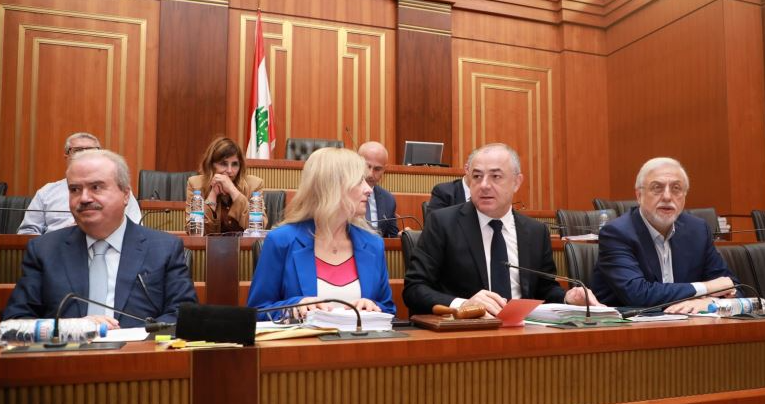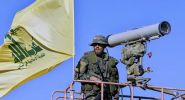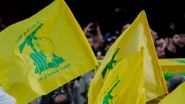
Parliament Speaker Nabih Berri called for a second joint session of several key parliamentary committees on Thursday to continue deliberations on a set of legislative proposals, including three electoral bills and major public health reforms.
The joint meeting will bring together members of the Finance and Budget, Administration and Justice, National Defense, Interior and Municipalities, and Public Health, Labor and Social Affairs committees. The session follows Tuesday’s preliminary discussions, which centered on a trio of electoral proposals. Among them, the controversial “Orthodox law” submitted in 2013 by former MP Elie Ferzli.
The proposed Orthodox bill would treat Lebanon as a single nationwide constituency, allowing citizens to vote exclusively for candidates of their own religious sect. The bill has long been a point of contention, criticized for entrenching sectarian divisions.
Tuesday’s session was chaired by Deputy Speaker Elias Bou Saab, who cast doubt on the likelihood of any of the proposed electoral laws moving forward without broader political consensus. “The discussions were extensive. Many MPs insisted on clarifying the framework of the debate, specifically identifying areas of consensus and disagreement,” Bou Saab said, highlighting the fundamentally political nature of the electoral reform debate.
“While parliamentary committees have a role to play, decisions on a new electoral law must ultimately stem from a political agreement,” he added. Bou Saab also emphasized that while no deputy can be excluded from submitting proposals, examining such bills does not necessarily lead to their adoption.
Thursday’s session will also include discussions on two draft laws related to the creation of a Lebanese Senate, a long-delayed provision of the 1989 Taif Accord meant to replace confessional power-sharing in the lower house. Another bill on the agenda proposes the establishment of a compulsory universal primary health care system.
Additionally, the committees are expected to review two proposals involving the Lebanese Red Cross. “A subcommittee has been formed to study the submitted texts, and their evaluation will resume in the joint session,” Bou Saab said.
He also confirmed that a separate bill introducing a national health card will be placed on the agenda of an upcoming meeting, though he offered no further details on its timeline.



Comments